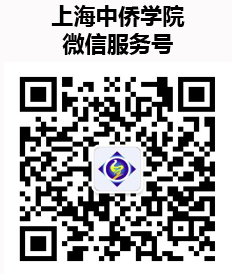The Kyoto College of Graduate Studies for Informatics (KCGI)
Top-up Master Programs for Associates
I. Advantages
1. No Japanese proficiency test requirements: Classes are given in Japanese by special educators.
2. Shorter study time: First 2 years of study in Shanghai plus 1 year of intensive Japanese training in Japan will qualifythe participant to enter KCGI’s masters programs if his/her Japanese reaches N2 level. Master programs in KCGI take 2 years to complete in general.
3. Better job opportunities:All KCGI’s special educators have more than 5 years of experience in IT industry, and thus extensive connections in IT enterprises particularly in Japan and China. Their recommendations will give students more job opportunities when the students look for jobs after graduation.
II. Partner Profile
Kyoto University of Information Technology (KCGI) is the first computer education institution in Japan. Founded in 1963 by the Astrophysics Research Group of Kyoto University Graduate School, its predecessor came into being at the beginning of the computer age. In 2004, GCGI became Japan’s first graduate school for IT professionals. The Institute has many well-known professors and double-qualified professors with excellent achievements in real work, as well as other excellent teaching resources from overseas. KCGI’s philosophy is the "development of applied information technology specialists with advanced practical skills and creativity to meet the needs of society, take charge of the times, and lead the next generation", thus attaching importance to the creativity of software programming. It offers good courses for training CIOs.
III. Fees
Programs fees: About RMB 140,000, mainly including fees for tuition, accommodation, Japanese courses, designated minor courses, and international programs service. Living expenses and international travel expenses shall be borne by students themselves.
Scholarships: KCGI offers inter-school scholarships or Japanese national scholarships.
Work-study programs: During their study in Japan, students can work during holidays or after school (no more than 28 hours per week), and the total income from such working is about RMB 100,000 per year.




